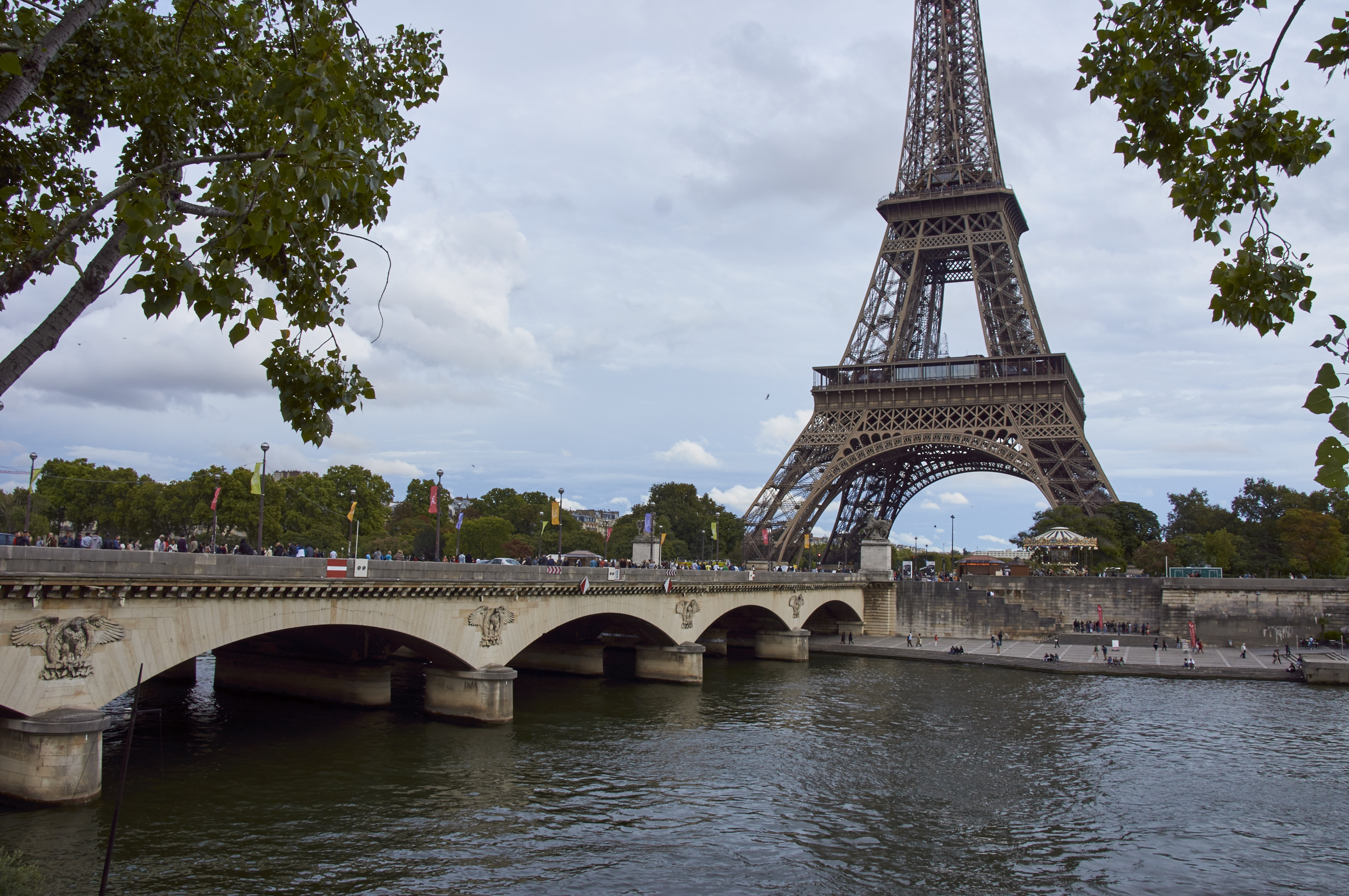
pts.


points
On the 24th of November 2021 France completed the transposition of the DSM directive by publishing an ordinance implementing the previously missing sections Chapters II and III of the DSM directive into the Code of Intellectual Property.
Procedure:
France has split the implementation of the directive into multiple parts. In October 2019 it implemented the new press publishers right contained in Article 15. An attempt to implement Article 17 via an ordinary legislative procedure was abandoned in April 2020. In December 2020 France adopted a delegation law authorizing the Ministry of Culture to implement the remainder of the directive without further parliamentary deliberation. On the 12th of May 2021 the Ministry of Culture published an ordinance implementing Article 17 and Articles 18-23 into the Code of Intellectual Property and on the 24th of November 2021 France completed the transposition by publishing an ordinance implementing the remaining sections of the directive.
Article 17:
The French implementation of Article 17 simply restates the text of the Directive. As such, it does not contain any specific ex-ante safeguards for users rights or additional transparency provisions. The French implementation gives the Minister of Culture broad discretion in defining the platforms that have to comply with the rules laid down in Article 17.
Other:
The implementation of the education exception is relatively limited as it covers only parts of works and all the uses are subject to license availability. Works designed for educational purposes and musical scores are completely carved out from the scope of the exception, regardless of whether a license is available or not, which goes against Article 5.
Article 14 has not been transposed, since unoriginal reproductions were not protected under the existing French copyright law.
The French implementation of the press publishers right is relatively expansive, as it mandates that the exclusion of “individual words or very short extracts” from the scope of the right must not affect the effectiveness of the right, further clarifying that this effectiveness is particularly affected when the use of very short extracts replaces the press publication itself or dispenses the reader from having to read it. In line with the Directive, it is clarified that scientific and academic publications are excluded from the definition of press publications; that the right does not apply to acts of hyperlinking; and that the right is subject to all the exceptions and limitations to neighboring rights laid out in the national law. However, it is not clarified that the right does not apply to private uses and non-commercial uses by individual users.
Bonus:
Nothing to see here.

On the 24th of November 2021 France completed the transposition of the DSM directive by publishing an ordinance implementing the previously missing sections Chapters II and III of the DSM directive into the Code of Intellectual Property.
France has split the implementation of the directive into multiple parts. In October 2019 it implemented the new press publishers right contained in Article 15. An attempt to implement Article 17 via an ordinary legislative procedure was abandoned in April 2020. In December 2020 France adopted a delegation law authorizing the Ministry of Culture to implement the remainder of the directive without further parliamentary deliberation. On the 12th of May 2021 the Ministry of Culture published an ordinance implementing Article 17 and Articles 18-23 into the Code of Intellectual Property and on the 24th of November 2021 France completed the transposition by publishing an ordinance implementing the remaining sections of the directive. This approach aligns with the position taken by France during the negotiations of the directive. France has pushed through the implementation of those provisions that it had championed during the discussions at the European level, while delaying at the same time the implementation of those provisions it had opposed.
The French implementation process has been relatively intransparent, with the government using the COVID-19 pandemic as an excuse to end the parliamentary deliberation. On the positive side, the Ministry of Culture has made positive contributions to the discussion about Article 17 by commissioning two studies (conducted by Jean-Philippe Mochon for the CSPLA) that have contributed to the understanding of some of the issues caused by Article 17). The work of the CSPLA has resulted in some minor improvements in the final implementation of Article 17.
The French implementation stays more or less close to the provisions of the directive. The implementation of Articles 15 & 17 are somewhat expansive, while some of the exceptions are implemented in a relatively restrictive fashion or even in a way that does not fully comply with the Directive - in the case of the education exception. France has also implemented the optional general Extended Collective Licensing (ECL) mechanism foreseen in Article 12 of the directive. The new ECL mechanism is used to allow the licensing of visual artworks to online platforms and to authorize the use of visual artworks in freely accessible scientific works published online. It is also used to bring the ReLIRE scheme for the re-publication of out-of-commerce books - that was struck down by the CJEU in 2016 - back in line with EU copyright rules.
Local partners: our local partner has been Wikimedia France
For more information please see our implementation tracking page for France.
License information
This site is hosted by Communia, the International Association On the Digital Public Domain. We release all our documents, reports, infographics and researches under the Creative Commons Public Domain Dedication (CC0). Unless otherwise stated, images are released under CC0 as well. Please feel free to download and reuse.
Credits
The font used in this project is under the SIL Open Font License, and it's provided by Creative Sauce Design. The photos used in this website to better illustrate each EU Member State were downloaded form Flickr and therein stored under CC-BY or CC-BY-NC licenses.
